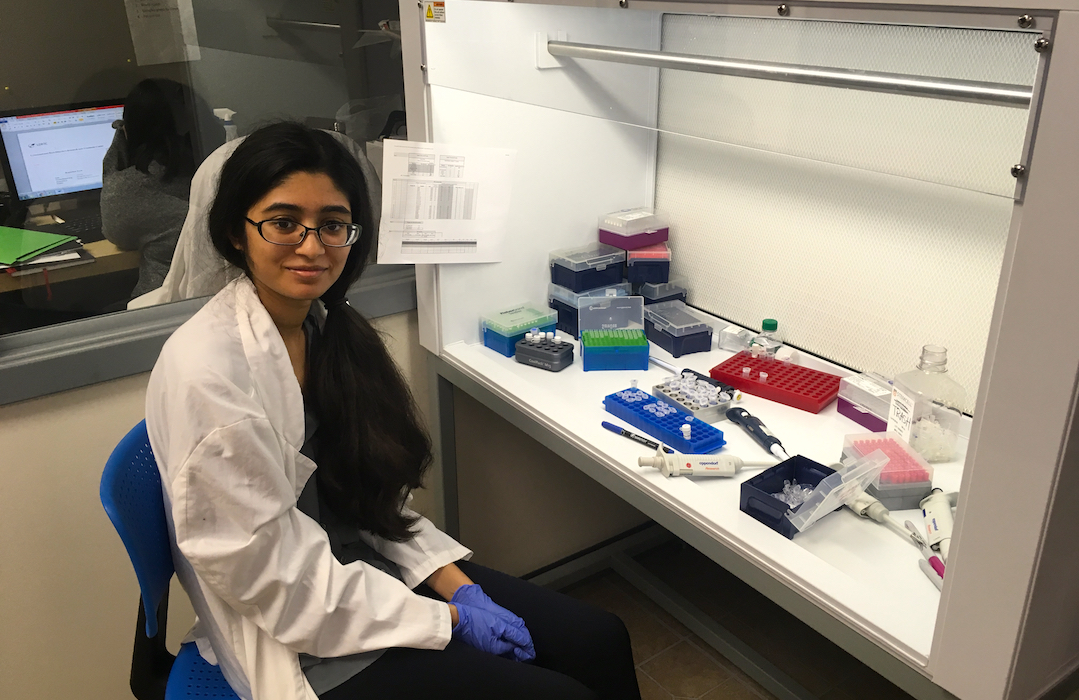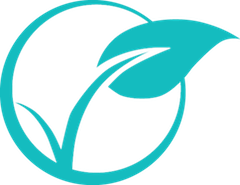Career and Educational Opportunities
Learn with Us
Send your cover letter and CV to info@ldrtc.org
Position Summary: Research Laboratory unpaid internship position is available in the translational research laboratory. Projects in which the candidate will work include studies of molecular aspects of lysosomal storage diseases pathology, the role of lysosomes in autophagy, immunological aspects of lysosomal diseases.
Duties and Training:
- Conduct research work and laboratory analysis following clearly defined procedures.
- Methods including RT-PCR, PCR, enzyme assays, westerns blots, cell culture, ELISAs
- Prepare reagents, slides and perform a variety of technical measurements.
- Analyze research data using computer programs and prepare statistical analysis.
- Search records and organize research data for scientific reports.
- Assist in writing, editing, and arranging materials for publications, and lectures.
Education / Experience (Preferred):
- Two years undergraduate in life sciences program
- Cell biologist
- Biochemistry
- Molecular biology
Skills and Abilities:
- Operate microscopes
- Focus attention on a repetitive task for extended periods
- Excellent communication skills
- Keep accurate and organized records of work performed
Minimum Qualification:
Two years undergraduate in biology or related field
Minimum age: 18 years old and able to commit to at least 16 hours/wk
For more information, email mivanova@ldrtc.org
HCP Fellowship in Lysosomal Disorders
This 12-month educational program is dedicated to provides the premier educational setting for producing excellence in patient care delivery. This fellowship program is beneficial for:
♦ PA, NP, and MD
♦ Rotating Clinical and Biochemical Genetics Trainees
We offer an innovative and rare clinical curriculum that prepares the physician assistant and nurse practitioner to practice in lysosomal storage diseases (LSD), including Gaucher disease, Fabry disease, Pompe disease, MPS, and Niemann Pick diseases.
The program includes opportunities to explore and develop skills in clinical care and clinical research in LSDs. It focuses on the therapeutic management of LSDs through direct involvement with patient care and several funded clinical research projects in LSDs. Our clinical team is led by Dr. Ozlem Goker-Alpan, who has experience in the management of patients with LSDs and assisting learners who are engaging in a continuing career in the LSD field.
Goal
Our fellowship program provides an environment that fosters intellectual and professional growth and development through mentorship and individualized goals. Specific areas of emphasis include the clinical practice of patients and their families affected by LSDs and how to manage a clinical research practice.
Program Exposure
The program offers dynamic clinical exposure across many types of LSDs, including Gaucher disease, Pompe disease, Fabry disease, MPSs, and Niemann-Pick diseases, etc. The fellows will be directly working with patients who have established diagnoses. The fellow will have the opportunity to follow the patients longitudinally and be acquainted with clinical, radiologic, and laboratory procedures, including disease-specific biomarkers that aid in assessing disease severity, progression, and response to therapy. The fellow will be required to attend weekly genetics clinic meetings, journal clubs, monthly lectures, patient outreach meetings, local conferences, and professional meetings.
Anticipated Outcomes
By the end of the training program, the fellows should have developed the full range of clinical skills required for managing patients with a variety of LSDs. Demonstrate knowledge of novel LSD diagnostic methods, lean effectively manage a treatment plan for LSD patients.
The goal of this program is to provide the necessary skills and resources for the fellow to function independently while facilitating clinical care for patients with rare genetic diseases.
For information on applying, please forward your resume to info@ldrtc.org with which program you are interested in a fellowship.

Internships
Appropriate for students preparing for a Bachelor of Science (BS) degree or those already in a pre-med program to have further "hands-on" experience at the bench or clinic.
This program offers flexible work schedules with a resume-building opportunity. Internship positions are available year-round or during the summer months for short-term projects.
♦ Undergraduate/Graduate/Pre-med Internship Program
♦ Medical Student Internship Program
For information on applying, please forward your resume to info@ldrtc.org with which program you are interested in an internship.

Health Care Training
This program provides the opportunity for professionals who have direct access to patients with genetics and LSD to gain further practical knowledge ranging from clinical diagnostic laboratory, clinical research, radiology, registries, and therapeutics.
This program will introduce the strategies and best practices for developing a Lysosomal Storage Disease Evaluation and Treatment Plan. The educational program will emphasize the many facets involved with caring for this special population of patients.
For more information, please contact us at info@ldrtc.org



